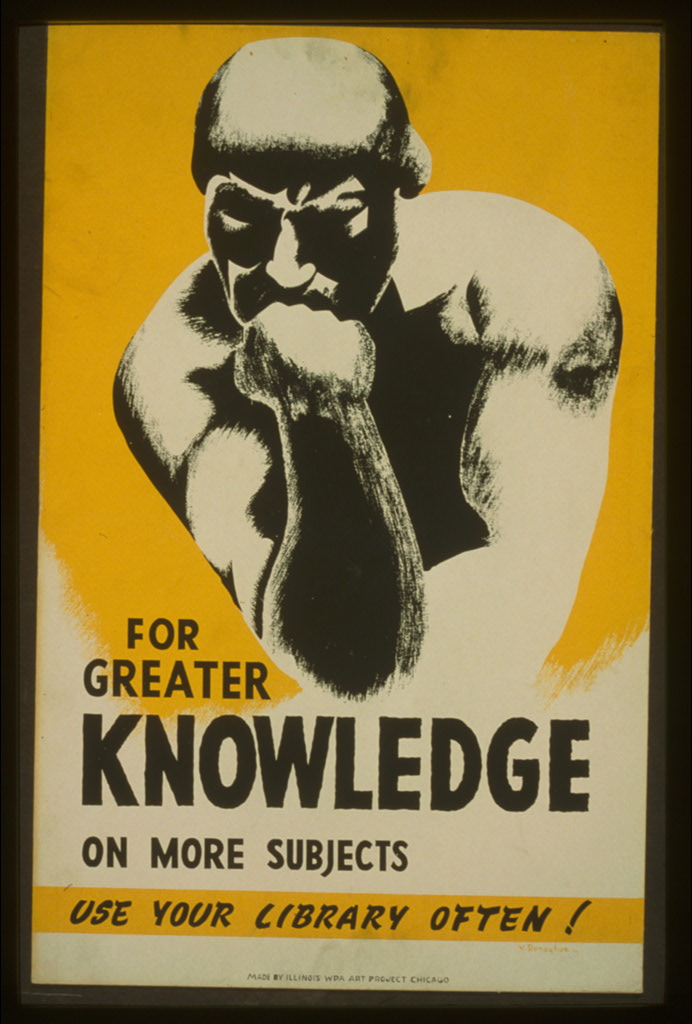Seven historians have linked knowledge and migration at the weblog History of Knowledge in the past two years. Here’s what they have to offer:
- Some Useful Categories of Knowledge for Understanding Migration by Allison Schmidt (March 13, 2017):
Breaks down knowledge into five categories that the author has found useful in her research on Eastern Europeans’ transmigration through the German state of Saxony in the early twentieth century. - The Granddaughter’s Dissertation: Some Thoughts on Knowledge about Migration in 1960s Switzerland by Kijan Espahangizi (August 10, 2017):
Considers how the nation-state’s knowledge about migration is inseparable from some migrant knowledge because of its experts’ own migration experiences. - Migration Statistics and the Making of an International Point of View in the Interwar Period by Yann Stricker (October 5, 2017):
Before the interwar period, a state and its experts assembled statistics about emigration, immigration, or both. The central reference point was the individual state. Only in the interwar period did a more international perspective on migration arise in terms of statistics and terminology, albeit complicated by colonialism. - Insights into Loss from the History of Knowledge by H. Glenn Penny (October 18, 2017): Discusses how his thinking and research questions evolved while studying “three Germans who produced practical, tacit, and social knowledge in Guatemala from the 1880s through the interwar period.” The knowledge they produced became trapped, so to speak, in a forgotten language.
- Mediators of Knowledge: WPA Folklorists and 1930s Migrant Culture by Risto Lenz (April 11, 2018):
Discusses some sources available at the Library of Congress and the relationship between their interviewing folklorists, the folklorists’ subjects, and the knowledge that was gathered, preserved, and in some cases disseminated to a broader audience. - Producing Ignorance: Racial Knowledge and Immigration in Germany by Maria Alexopoulou (July 25, 2018):
Points to how banal actions by officials helped produce ignorance among Germans about their foreign-born neighbors, who had originally come to the country as so-called guest workers. Uses “racial knowledge” as a category for analyzing what people knew about the Other. - Practical Knowledge and Inner-German Migration by Jeannette van Laak (Feb. 11, 2019):
Considers how inner-German migrants from East Germany oriented themselves in the West in the 1980s. “What practical knowledge [i.e., knowledge gained through experience] could they use to master their new situation” in a country with an entirely different politico-economic system?

Mark R. Stoneman is an editor at the German Historical Institute Washington, including for History of Knowledge and this blog.
I updated this piece on February 28, 2020, to include one post I had overlooked earlier while reviewing History of Knowledge‘s categories.
Featured image: August Rodin’s Thinker reimagined by V. Donaghue for a 1940 WPA poster. Source: Library of Congress.
